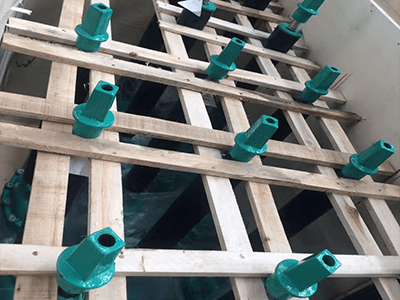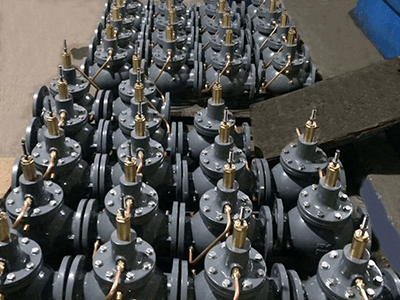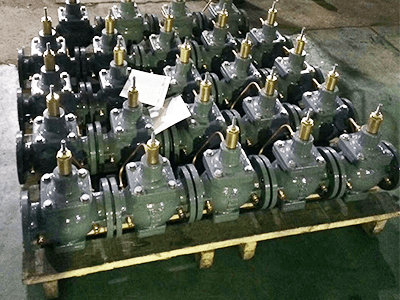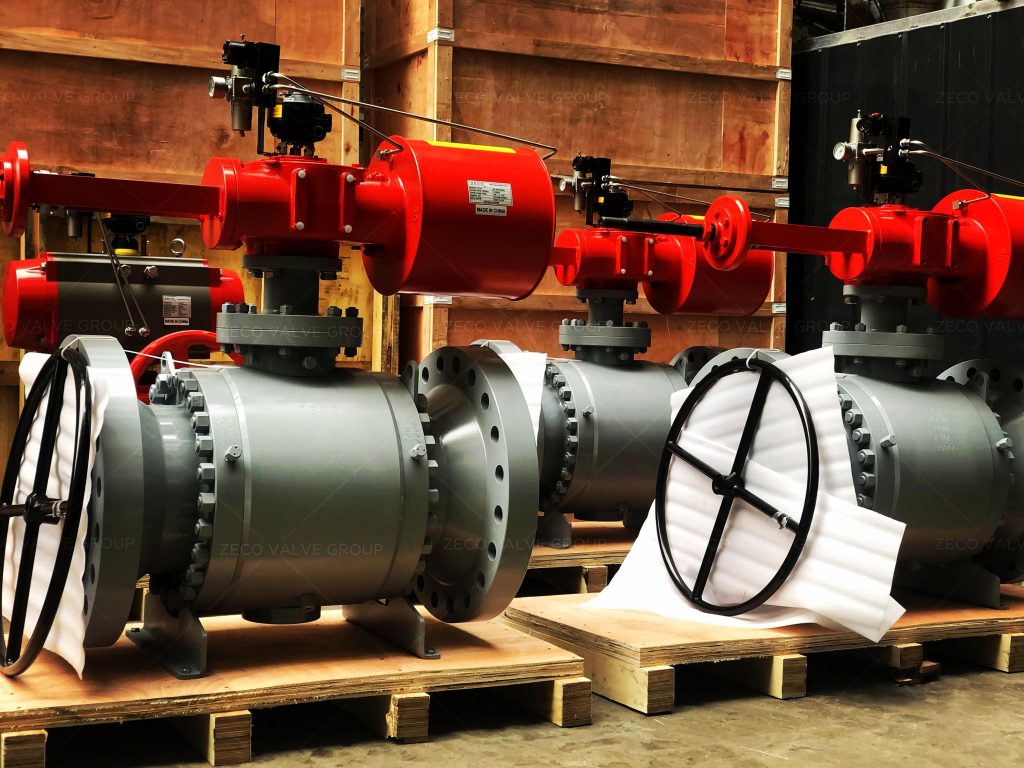The DC brushless servo motor is a highly efficient and reliable component used in various industries, including robotics, automation, and aerospace. Unlike traditional brushed motors, DC brushless servo motors operate without physical brushes, which enhances their durability and performance. This article explores the key features, advantages, and applications of DC brushless servo motors while also discussing how they relate to the use of geocomposite materials in modern engineering.
What is a DC Brushless Servo Motor?
A DC brushless servo motor is an electric motor that uses a permanent magnet rotor and a stator with wound coils, controlled by an electronic controller rather than brushes. This motor type eliminates the friction and wear caused by brushes in traditional motors, leading to longer lifespan and reduced maintenance. The brushless design provides higher efficiency and precision, making it ideal for applications requiring accurate control, such as robotics, CNC machines, and conveyor systems.



What are the Benefits of Using a DC Brushless Servo Motor?
The primary benefits of DC brushless servo motors include:
- Higher Efficiency: Brushless motors reduce energy loss due to the absence of brushes, making them more energy-efficient than brushed motors.
- Longer Lifespan: With fewer moving parts that experience wear, brushless motors last significantly longer.
- Improved Performance: They offer better speed control and torque, allowing for more precise movements.
- Low Maintenance: Without brushes, there is less maintenance required, reducing downtime in industrial systems.
These benefits make DC brushless servo motors a popular choice in industries such as robotics, automation, and even civil engineering, where reliability and efficiency are paramount.
How Does a DC Brushless Servo Motor Compare to Traditional Brushed Motors?
While both types of motors convert electrical energy into mechanical energy, DC brushless servo motors outperform traditional brushed motors in several key areas:
- Maintenance: Brushed motors require regular maintenance because the brushes wear down over time. In contrast, brushless motors have no brushes, significantly reducing maintenance.
- Efficiency: Brushless motors are more efficient because they eliminate the energy loss caused by brush friction.
- Performance: Brushless motors provide smoother operation and more precise control over speed and position, which is essential in applications like robotics or machinery where exact movements are necessary.
- Noise: Brushless motors operate more quietly than brushed motors, making them suitable for environments that require low noise levels.
What Are the Applications of DC Brushless Servo Motors?
DC brushless servo motors are used in a wide range of applications, including:
- Robotics: Due to their precise control and durability, they are a staple in robotic systems, especially in industries such as manufacturing, medical, and consumer electronics.
- Automation Systems: These motors are used in automated machinery and conveyor belts to ensure smooth and efficient operation.
- Aerospace: High-performance and reliable, brushless motors are used in aerospace systems for actuation and control.
- Civil Engineering: In certain infrastructure applications, such as automated cranes and construction equipment, brushless motors are used for precise load control.
In construction and civil engineering, the integration of DC brushless servo motors with geocomposite materials can improve the efficiency and reliability of systems used for soil stabilization, drainage, and reinforcement. Geocomposites, such as geotextiles, geonets, and geomembranes, are used in the construction industry to reinforce soil, improve drainage, and prevent erosion, and the precision offered by brushless motors helps in the automation and enhancement of these processes.
DC brushless servo motors are a game-changer in the world of automation and precision machinery. Their high efficiency, low maintenance, and precise control make them ideal for applications in robotics, aerospace, and civil engineering. As industries move towards more sustainable and efficient solutions, the use of DC brushless servo motors will continue to grow, especially when integrated with advanced materials like geocomposites. Whether in automated systems or infrastructure projects, these motors provide the performance needed to drive innovation and efficiency.
